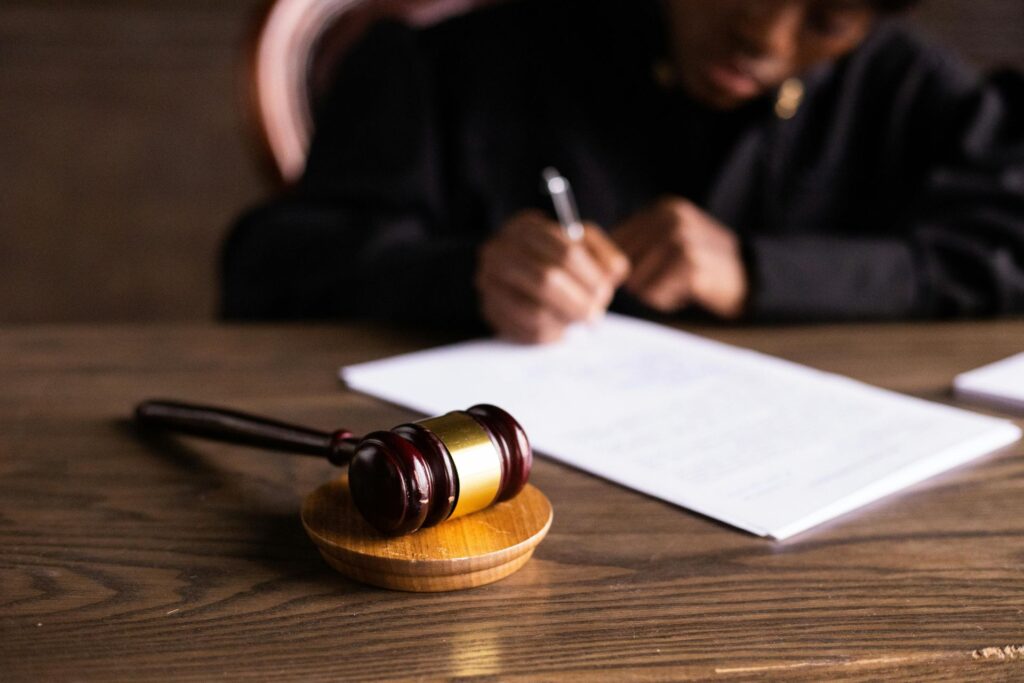
A Groundbreaking Court Battle Over Generative AI
Getty Images has taken Stability AI to the British High Court, accusing the startup of training its image generator, Stable Diffusion, on millions of copyrighted photographs without permission. Opening arguments begin in London this week and could stretch over three weeks as judges decide where to draw the line between innovation and infringement.
The Meteoric Rise of Stable Diffusion
Since its debut in August 2022, Stable Diffusion has dazzled users with its ability to produce original-looking artwork and photorealistic images in seconds. Alongside the rapid ascent of OpenAI’s ChatGPT, it has ignited a global debate over the ethics and legality of using existing creative works as AI training material.
Getty Images’ Opt-Out Objection
Getty, a leader in stock photography, argues that Stability AI’s model was trained “on a staggering scale” using its archive without explicit consent. Rather than an opt-out system that scrapes data en masse, Getty insists on a framework where content owners grant permission before their work is used to teach AI.
Fair Use Versus Fair Dealing
Stability AI maintains that its training took place on Amazon servers in the U.S., and therefore any dispute belongs in American courts. The company also leans on fair-use (or “fair-dealing” in the UK) defenses—a familiar strategy for tech firms drawing on large datasets without licensing every individual work.
The Academic-Industrial Partnership Behind the Technology
Stable Diffusion began life in a collaboration between researchers at Ludwig Maximilian University of Munich and the New York startup Runway, with Stability AI supplying the computing power to refine the model. This partnership highlights both the promise and the legal complexities of cross-border innovation.
What’s at Stake for AI and Copyright Law
A victory for Getty could force AI developers to secure licenses or face costly litigation, altering the economics of model training. Conversely, a ruling in favor of Stability AI might accelerate AI progress but leave creators concerned about how their work is used without their consent. This incident also highlights the importance of ethics when it comes to AI.
Striking a Balance Between Creativity and Technology
As the trial unfolds, the court’s decision will send a clear signal about how much freedom AI innovators have to draw on existing art and photography. Ultimately, we’ll learn whether the future of generative AI rests on negotiated agreements with creators or continues to push the boundaries of fair use.
